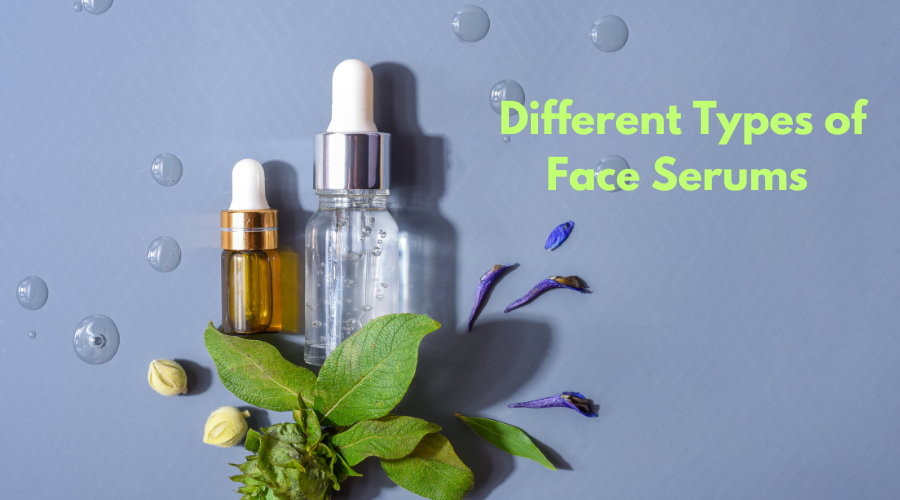
In the skincare world, face serums have carved a niche as powerful, versatile products that address many skin concerns. Whether you are battling acne, seeking anti-aging solutions, or simply aiming to achieve a radiant complexion, there's a face serum for you. This comprehensive guide will delve into the different types of face serums, their unique benefits, and how to choose the right one for your skin type.
Understanding the different types of face serums is crucial to selecting the right one for your needs. Here's a detailed look at the various categories:
Hydrating serums are formulated to increase the skin's moisture levels. They typically contain ingredients like hyaluronic acid, glycerin, and aloe vera, known for retaining moisture and keeping the skin plump and hydrated.
Benefits:
Who Should Use It:
Anti-aging serums are designed to combat the signs of aging, such as wrinkles, fine lines, and sagging skin. Key ingredients include retinol, peptides, and antioxidants like vitamins C and E.
Benefits:
Who Should Use It:
Brightening serums are formulated to even out skin tone and reduce the appearance of dark spots and hyperpigmentation. Ingredients such as vitamin C, niacinamide, and kojic acid are commonly used in these serums.
Benefits:
Who Should Use It:
Acne-fighting serums target the root causes of acne, such as excess oil production and clogged pores. Common ingredients include salicylic acid, benzoyl peroxide, and tea tree oil.
Benefits:
Who Should Use It:
Exfoliating serums contain active ingredients like alpha hydroxy acids (AHAs) and beta hydroxy acids (BHAs), which help to remove dead skin cells and promote cell turnover.
Benefits:
Who Should Use It:
Antioxidant serums are packed with ingredients that protect the skin from environmental damage caused by free radicals. These serums commonly contain vitamin C, vitamin E, and ferulic acid.
Benefits:
Who Should Use It:
Firming serums are designed to enhance skin elasticity and firmness. They often contain ingredients like peptides, collagen, and elastin.
Benefits:
Who Should Use It:
Calming serums are formulated to soothe irritated and sensitive skin. Ingredients like chamomile, calendula, and Centella Asiatica (coca) are commonly used for their calming properties.
Benefits:
Who Should Use It:
Anti-pollution serums protect the skin from the harmful effects of pollution and environmental stressors. They often contain antioxidants and other protective ingredients.
Benefits:
Who Should Use It:
Repairing serums focuses on restoring and rejuvenating damaged skin. Ingredients like ceramides, niacinamide, and panthenol help to repair the skin barrier and promote healing.
Benefits:
Who Should Use It:
Face serums are a game-changer for your skin, offering numerous anti-aging benefits to keep your face in prime condition. No matter your specific needs, there's a face serum available for everyone. These serums combat aging, hydrate, brighten, exfoliate, fight acne, and rejuvenate your skin. Each product brings a unique approach within these six categories, often addressing multiple issues simultaneously. Identify your primary skin concerns and choose face serums that target those areas while enjoying their extra beauty benefits.
Want to learn more? Check out our in-depth guide on Best Face Scrub for Your Skin Type for expert insights.
1. What is a face serum, and how is it different from a moisturizer?
2. Which serum is best for dry skin?
3. What serum works best for anti-aging?
4. Are face serums safe for sensitive skin?
5. When should I apply a serum in my skincare routine?
6. How long does it take to see results from a serum?
7. Can I use a serum every day?
An easy morning skincare routine is a protective measure for your skin all day. A good foundation for healt...
READ FULLAround one out of five people in the US are at risk of skin cancer because of a poor skincare routine. Espe...
READ FULLIt is not easy to decide which serum is suitable for you unless you do a simple analysis. This analysis is ...
READ FULL